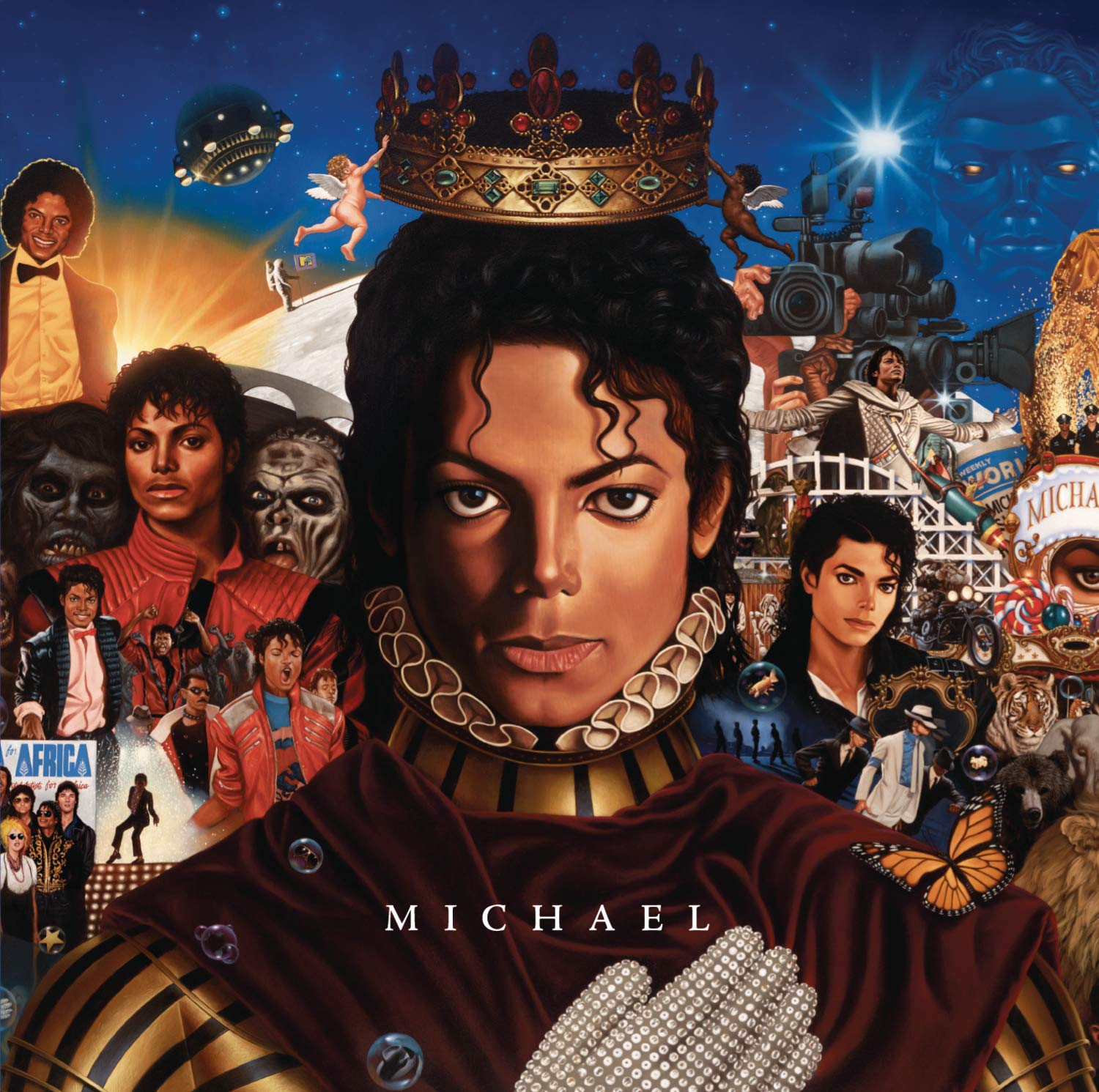
FTC Should Ban Individual Impersonation Scams
TINA.org submits comment in support of FTC’s proposal to ban fake celebrity endorsements, romance scams and other impersonation scams.
The case may be resolved but what will deceived consumers get out of the deal?
| | Laura Smith
A lawsuit filed against Sony Music for allegedly misrepresenting that all the songs on the 2010 posthumous Michael Jackson album were sung by Jackson has ended the same way 95 percent of lawsuits end – in a settlement.
What makes this case unique, though, is what transpired before the settlement was reached during the more than eight years the case was pending, and how this impacts consumers.
A brief history
In 2014, “King of Pop” fan Vera Serova sued Sony and the estate of Michael Jackson on behalf of herself and a class of California consumers who purchased three songs that were incorrectly marketed as having been performed by Jackson – “Breaking News,” “Monster” and “Keep Your Head Up.”
Then in 2016, a California trial court entered an order allowing the case to move forward after Sony filed an anti-SLAPP motion to try to get the lawsuit thrown out, arguing that its free speech rights were being attacked. (Ironically, Anti-SLAPP – or anti-Strategic Lawsuits Against Public Participation – laws were designed to protect people and nonprofit organizations from being sued by corporations for speaking out.)
Next, in 2018, an appellate court decision reversed key parts of the trial court order, determining that because Sony lacked “personal knowledge” of the songs’ origins, statements made on the album cover and in a promotional video amounted to the company’s opinion and not actionable commercial speech.
In 2020, the California Supreme Court granted the consumers’ petition to review the case, and, after several briefs were filed (including an amici curiae brief filed by TINA.org, UC Berkeley Center for Consumer Law & Economic Justice, and others in support of the consumers who were deceived by Sony’s statements), oral argument before the highest court of the state of California was held this past May for all the marbles.
Many following the case have been anxiously awaiting the California Supreme Court’s decision as to whether Sony’s statements amounted to commercial speech, for which it can be held responsible, or protected speech, for which consumers cannot seek recourse. But rather than wait for the Supreme Court to determine the law of the state on this important consumer protection issue, the parties settled the case. (Interestingly, the settlement came after the three songs at issue were pulled from streaming platforms this summer.) And that’s where the story ends for many news outlets that have reported on last week’s “amicable” resolution of the case (the details and terms of which have not been disclosed).
The consumer impact
However, for consumer advocates like us, there’s more to the story. In TINA.org’s experience, it is not unusual for class-action lawsuits regarding false or deceptive marketing to result in lopsided agreements or unfair outcomes for consumers – frequently providing only a nominal sum to a small percentage of class members while leaving defendants better off than if they had never been sued, and the attorneys on both sides well compensated. And making matters worse, consumers are usually left with no ability to further pursue their legal rights, either because of broadly-worded releases or because of a statute of limitations that has run, or both. (In this case, the 2016 complaint alleges three causes of action – one alleging violations of the California Consumers Legal Remedies Act, one alleging violations of California Business and Professions Code §17200, and one alleging fraud – all three of which have statutes of limitations that have expired.)
Making matters even worse for consumers (and not just those involved in this case) is what will happen if the California Supreme Court now dismisses the Serova appeal rather than pen an opinion, which could possibly reverse the decision of the Court of Appeals. If that happens, the 2018 California Court of Appeals decision will stand as law, meaning that the future Sonys of the world may be protected from liability for false statements made on album covers and other promotional materials, and California consumers could be left in the lurch. (The potential for such a dangerous precedent is precisely why TINA.org joined this important case as amicus last year.)
As a fervent consumer advocate, it is my hope that the Supreme Court will exercise its discretion to issue an opinion regardless of the settlement, as the seven justices of the Court unanimously did earlier this year in a very different case but under similar circumstances, taking the position that “an appeal will not be rendered moot [due to settlement] if the parties raise substantial questions of public interest that are likely to recur.”
And if the court does repeat recent HIStory and still issues an opinion, my fingers are crossed that its decision does not leave consumers thinking They Don’t Care About Us, but rather establishes a precedent that holds advertisers responsible for their deceptive marketing.
So, my question to the California Supreme Court is: Will You Be There?
[Note: The California Supreme Court has 90 days from the May 24 oral argument to issue its written opinion if it chooses to move forward despite the settlement, meaning that we should know the answer to my question by August 22. Stay tuned.]
UPDATE: On August 18, 2022, in a victory for consumers, the California Supreme Court issued an opinion holding that Sony’s “album-back promise and video are commercial advertising making claims about a product” and not protected speech.
TINA.org submits comment in support of FTC’s proposal to ban fake celebrity endorsements, romance scams and other impersonation scams.
And why the problem is even worse when those human viewers are kids.
Legal battle over Michael Jackson’s posthumous album may create “dangerous” precedent.

